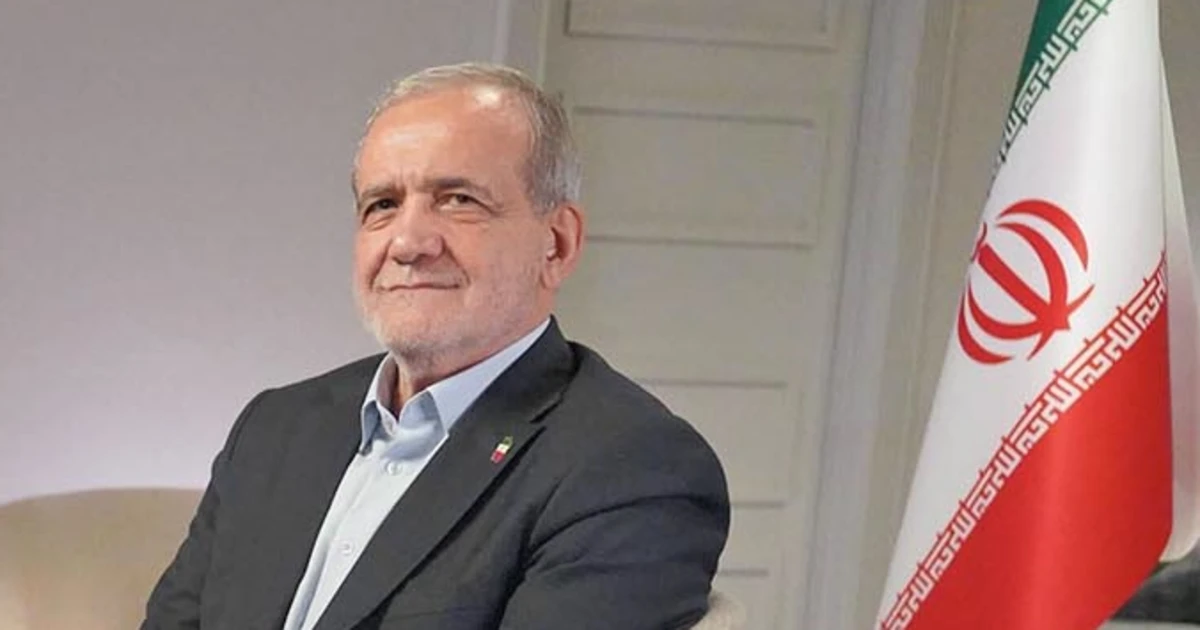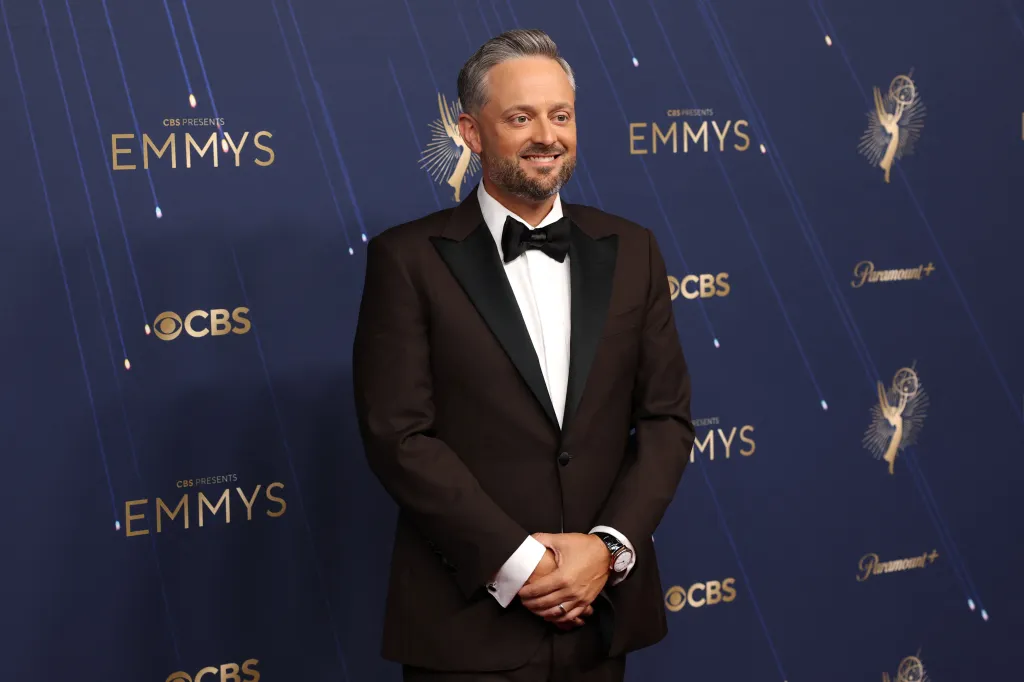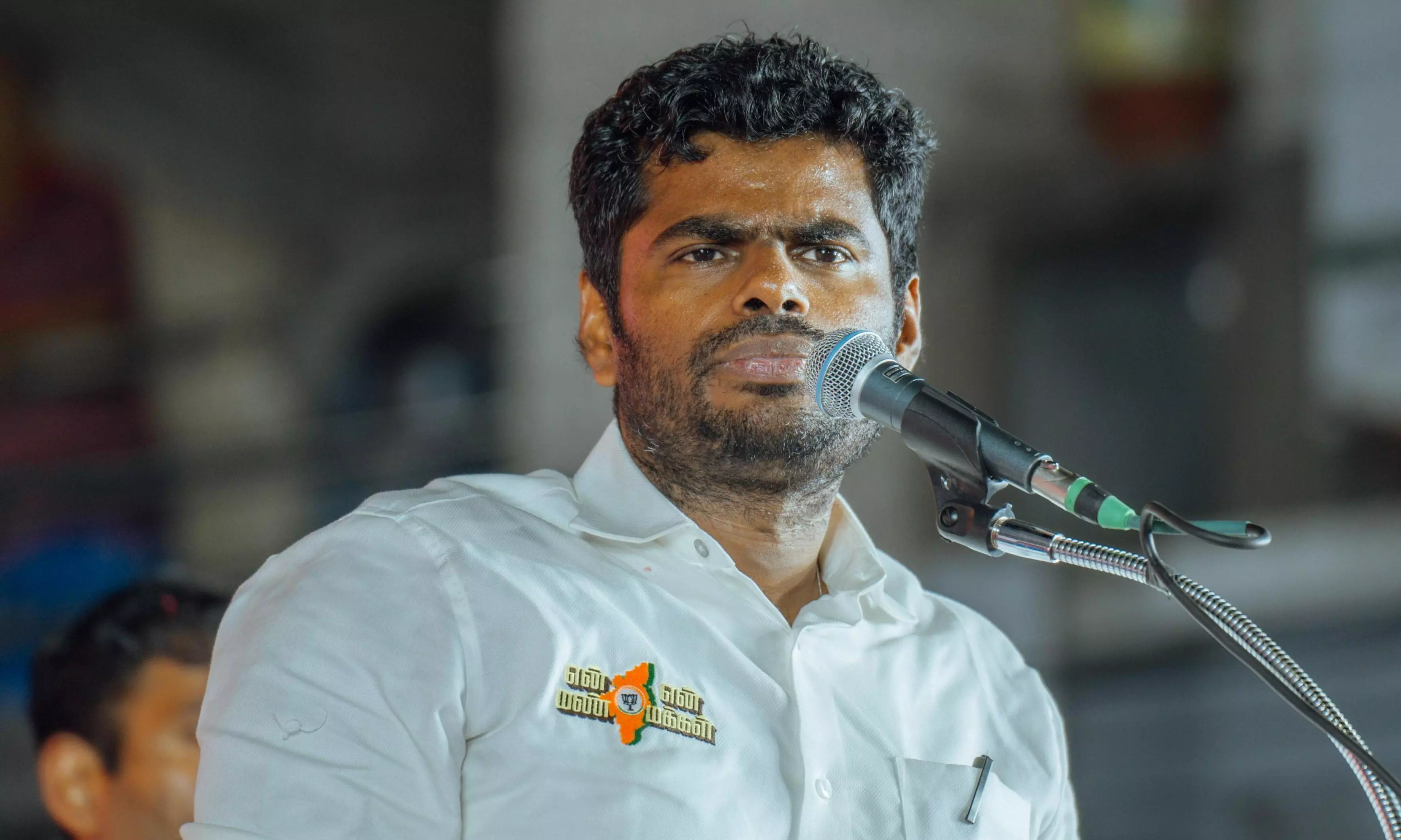Iran’s president says Trump administration is on a path that will ‘set fire’ to the Middle East

Iranian President Masoud Pezeshkian warned on Friday that president Donald Trump’s actions could “set fire” to the region discussed an injury he sustained during this summer’s war with Israel and said international nuclear inspectors were welcome to visit his country.
Pezeshkian spoke with “NBC Nightly News with Tom Llamas” during a trip to New York for the United Nations General Assembly. His comments came after Trump said in his U.N. speech on Tuesday that U.S. attacks in June had hit “Iran’s key nuclear facility, totally obliterating everything.”
Watch “NBC Nightly News with Tom Llamas” tonight at 6:30 p.m. ET/5:30 p.m. CT. and read updates on this story at NBCNews.com.
The sweeping interview came at a time of great turmoil for the Islamic Republic, a country battered by a recent war with Israel, airstrikes from the United States and facing a new round of sanctions over its nuclear program which could torpedo the shaky economy.
‘Set fire’ to the region
Asked if he was concerned about more war coming to Iran and an expected meeting between Trump and Israeli Prime Minister Benjamin Netanyahu, Pezeshkian struck a defiant tone.
“We’re not afraid of war. We do not seek war,” he said. “President Trump has said that his administration has come to create peace, but the path that they have embarked upon will set fire to the entire region.”
He went on to say that while Iran has “never started a war…will never be starting any wars.”
“But whomever attacks us, we will do our utmost to give them the strongest answer. We will certainly augment our capabilities on a daily basis so as to prevent anyone from attacking us,” Pezeshkian added.
The interview was conducted with a government interpreter present and translating in real time, and NBC News reviewed the translation independently.
Injury during airstrike
Pezeshkian, who practiced as a doctor before entering politics, addressed an injury he sustained during the 12-day war with Israel in June, during which senior military leaders and scientists as well as civilians were killed.
“They hit us because they were seeking to martyr us like everyone else. We are not afraid of death and martyrdom. We have lived our lives. I have lived my life,” he said.
As for his wounded leg, Pezeshkian said “it wasn’t anything special.”
“We can just say that it was a hematoma formed in the region of the knee. We dropped the needed liquid and blood, and after that, we got over it,” he added.
Nuclear program
Llamas asked about a Washington Post report based on a review of satellite imagery and independent analysis indicating increased work at an underground site in Iran that analysts say could be a potential future nuclear facility, and whether the regime was building another nuclear facility. Pezeshkian said nuclear inspectors were welcome to visit his country.
“If they are telling the truth … we have come to an agreement, most recently, with the IAEA, they can come and inspect on the ground,” Pezeshkian said, referring to the International Atomic Energy Agency, a watchdog body.
“To put something out based on purported satellite photography it’s not pertinent in order to create frameworks that are not based in reality. In fact, would it not be easier and much more tangible and verifiable to have inspections in person on the ground?” he added.
Supreme Leader Ayatollah Ali Khamenei, the highest authority in Iran, limited the scope of what Pezeshkian could accomplish during his time in New York when he said in an address on Tuesday that Iran would not talk directly to the U.S. about its nuclear program and would not negotiate on the issue of ballistic missiles or uranium enrichment.
While Iran maintains that its nuclear program is peaceful, hardline parliamentarians have called for the building of a nuclear weapon. The country now enriches uranium to near-weapons-grade levels — the only country in the world without a nuclear weapons program known to do so.
On Friday, the United Nations Security Council will vote on a Russian and Chinese resolution to delay reimposing sanctions. But despite this, and the diplomatic push from Pezeshkian and his foreign minister, Abbas Araghchi, it appeared that the penalties would be reimposed after the Saturday deadline.



